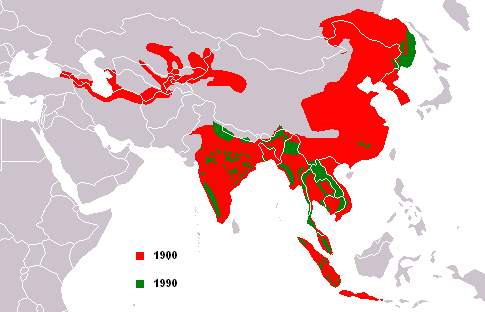Each year across the nation, countless numbers of exotic animals are purchased as pets. Sugar gliders, hedgehogs and prairie dogs are just a few of the exotic species recently gaining popularity in pet stores. Others, such as non-human primates, tigers and even bears are readily obtainable from private breeders and dealers who advertise to buyers via magazines and over the Internet. Wherever they come from, the global commercialization of exotic animals is a multi-billion dollar industry that often results in animal cruelty, health risks and serious population declines.
The exotic pet trade is the trade and keeping of wild animals as pets, essentially contributing to the suffering of millions of animals, threatening public health and safety, disrupting ecosystems and driving species to endangerment and extinction. Most exotic pets end up in the hands of private individuals, where they suffer from inappropriate housing and care and poor nutrition.
Many exotic animals arrive in the United States illegally. Illegal trafficking in exotic animals is a global business, worth close to $20 billion each year. According to the U.S. Fish and Wildlife Service, the profit made from illegal trade in wildlife ranks second only to the trade of illegal drugs in the United States.
The exotic pet trade is the trade and keeping of wild animals as pets, essentially contributing to the suffering of millions of animals, threatening public health and safety, disrupting ecosystems and driving species to endangerment and extinction. Most exotic pets end up in the hands of private individuals, where they suffer from inappropriate housing and care and poor nutrition.
Many exotic animals arrive in the United States illegally. Illegal trafficking in exotic animals is a global business, worth close to $20 billion each year. According to the U.S. Fish and Wildlife Service, the profit made from illegal trade in wildlife ranks second only to the trade of illegal drugs in the United States.










